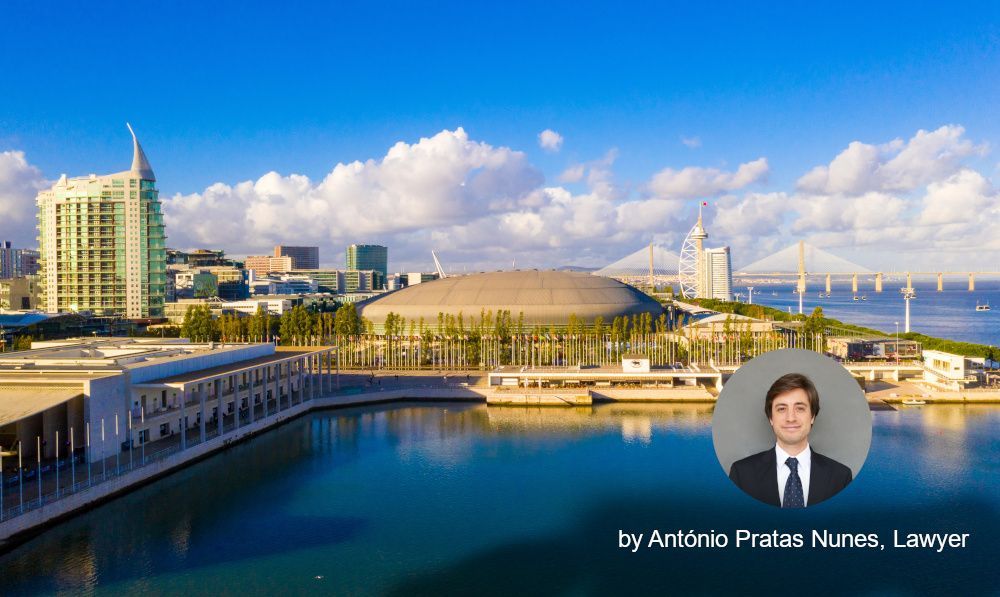Free healthcare for British after Brexit
5 August 2020
Brexit is still raising many questions for UK citizens in Portugal.
One of the most asked questions is regarding healthcare for British expats, and if Brits will still be able to access the Portuguese national health service or be able to use their EHIC (European health insurance card) after Brexit.
The Portuguese Socialist Government is considering continuing to provide subsidised medical care for British citizens
even if no agreement is reached
in this regard during the post-Brexit negotiations with the European Union. The government is talking about a kind of extension of the European health insurance card that would apply only to EU member states, so that British citizens in Portugal could continue to make use of the National Health System across the border.
The main reason behind this possible measure from Portuguese MPs is to continue to encourage British tourists to make Portugal their destination of choice, given that tourism has become Portugal’s main economic engine over the past years.
In a bid to minimise the impact of Brexit, the Portuguese Government is also planning to provide special lanes for British travellers at its main tourist airports in Faro and Funchal, in order to prevent UK citizens from getting stuck at the entry queues for non-EU passport holders, a measure that has already been introduced in other EU airports.
Finally, in a statement, the Portuguese Tourism Minister, Rita Marques, explained that “no matter what happens, the Portuguese will always stand by the British
because British travellers are very important to us.”
There is still an element of uncertainty surrounding Brexit, even more so in the current coronavirus world that we are living in, and the Portuguese Government is yet to confirm these measures. However, UK citizens should also keep in mind that until the end of December 2020, nothing will change due to the transition period that has been implemented.











